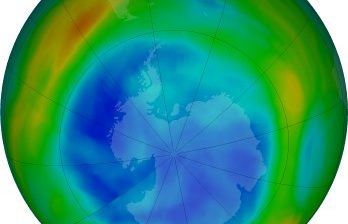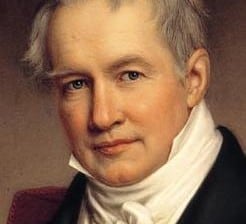Syukuro Manabe, Klaus Hasselmann and Giorgio Parisi were announced as the winners of the 2021 Nobel Prize in Physics for their work to understand complex systems such as the Earth’s climate.

Syukuru Manabe (Wikemedia)

Klaus Hasselmann
Syukuro Manabe (Princeton University, USA) and Klaus Hasselmann (Max Planck Institute for Meteorology, Hamburg, Germany), worked to create computer models of the Earth’s climate that could predict the impact of global warming. They received the prize “for the physical modelling of Earth’s climate, quantifying variability and reliably predicting global warming”
Understanding complex systems such as climate is very difficult. Computer models can help us understand this complexity and help us understand how the Earth’s climate responds to greenhouse gas emissions. Manabe’s work has demonstrated the impact of increasing carbob dioxide in the atmosphere on the surface of the Earth. He had led the development of physical models of our planet’s climate in the 1960s. Hasselman also created a computer model linking weather and climate, and definitively answered the question of how climate models can be reliable.

Giorgio Parisi (Wikimedia)
They share the prize with Giorgio Parisi from Sapienza University in Rome. He also worked on complex systems i.e spin glass, a metal alloy where iron atoms are mixed randomly with copper atoms, changing the magnetic properties of the spin glass. His prize is “for the discovery of the interplay of disorder and fluctuations in physical systems from atomic to planetary scales”
The importance of this is that it serves as a microcosm for the larger climate system. Earth’s climate is complex from the tiniest particle to the size of the planet itself.
The three will share the 10 million krona ((£842,611) prize, founded by Swedish industrialist Alfred Nobel in 1896, in his will. Since 1901, 218 individuals have been awarded the prize out of which only four were women. The first one was Marie Curie in 1903 (radiation), Maria Goeppert Mayer in 1963 (nuclear shell structure), Donna Strickland in 2018 (inventions in lasers, and method of generating high-intensity, ultra-short optical pulses) and Andrea Ghez in 2020 (for the discovery of a supermassive compact object – a blackhole – at the centre of our galaxy).







